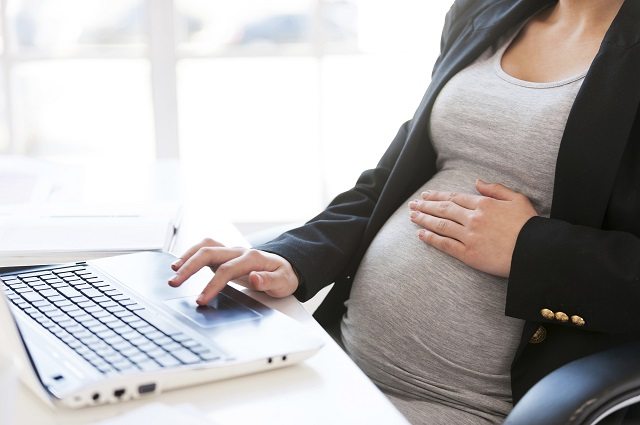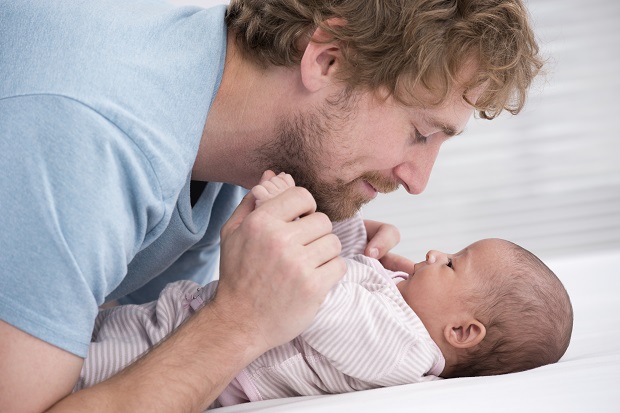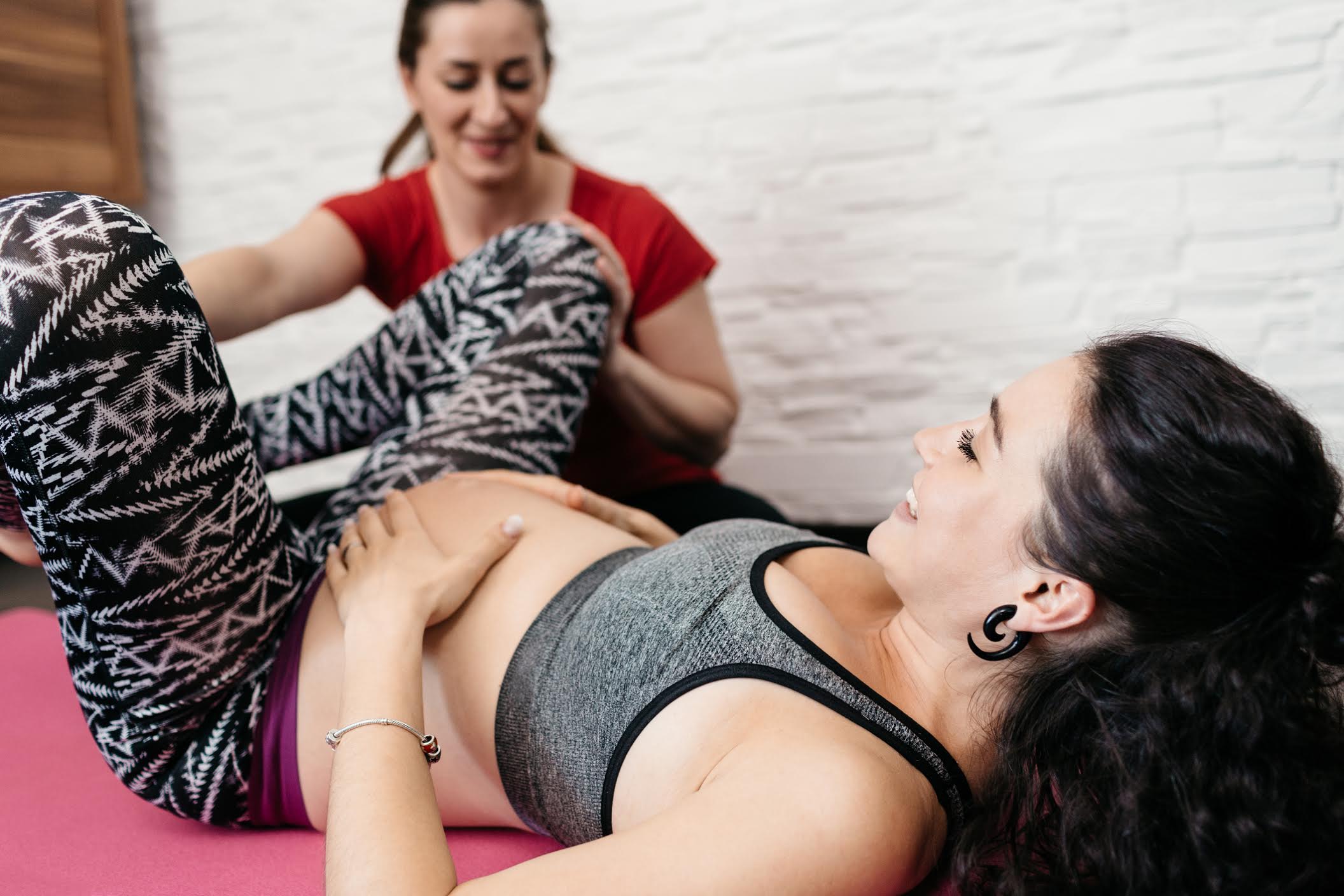By the third trimester, week 29 to 40, your baby’s development is virtually complete. This phase can sometimes be the most uncomfortable as your body begins to feel the strain. By the end of the third trimester most women are eagerly awaiting the birth of their baby.
Your baby has now filled nearly all the space in your womb. Your baby’s heartbeat speeds up when you speak and he/she will recognise your voice at birth. Your baby’s length is now 38cm. You may not be aware of Braxton Hicks contractions, which are now happening at regular intervals, but your baby is probably very aware of these in the last trimester.
Your baby is now fully formed. He/she is gradually putting on weight and both the vernix and the downy hair have started to disappear and the baby is about 42cm long. You may now be able to distinguish your baby’s bottom from a foot or knee and will feel movements more in the third trimester as baby kicks or moves around. This is the period when your baby moves into the head-down position with his/her face towards your back. He/she will stay in this position until the birth. You may feel more pressure on your bladder and your pubic bone. Fluid is passing through your baby’s kidneys and this contributes to the amniotic fluid. Your baby’s mental processes are speeding up. In the last trimester your baby can now differentiate between dark and light and is bathed in a red glow when sunlight is on your tummy.
You will usually visit your midwife or doctor every week until the birth (please note that some hospitals encourage you to visit at weeks 37, 39 and 40). If this is your first pregnancy, the baby’s head will probably descend into your pelvis. This is known as ‘engaging’ and will be measured by your midwife. With subsequent births, the baby’s head will not usually engage until week 40. Your breathing will become easier, although you may find that you need to pass urine more often, and your sleep will be interrupted. This is a time of major growth and your baby’s weight may be increasing by as much as 28g a day. After the baby has engaged, its larger body movements tend to be more limited, but you will still feel movement – at least ten movements in a 12-hour period.
Your baby’s movements may begin to feel different now. Instead of whole body movements, you may feel lots of jabs from the feet and knees in the last trimester. If you have any lessening of movement, consult your doctor or midwife immediately. Your baby continues to put on weight and, although there is no air present in the lungs, he/she may be making shallow breathing movements in preparation for life outside the womb. In this way, amniotic fluid actually passes into the baby’s windpipe, giving he/she hiccups. Your baby’s bowels are filled with greenish black meconium that will be her first bowel movement after birth. By week 40 your baby is ready to be born.






